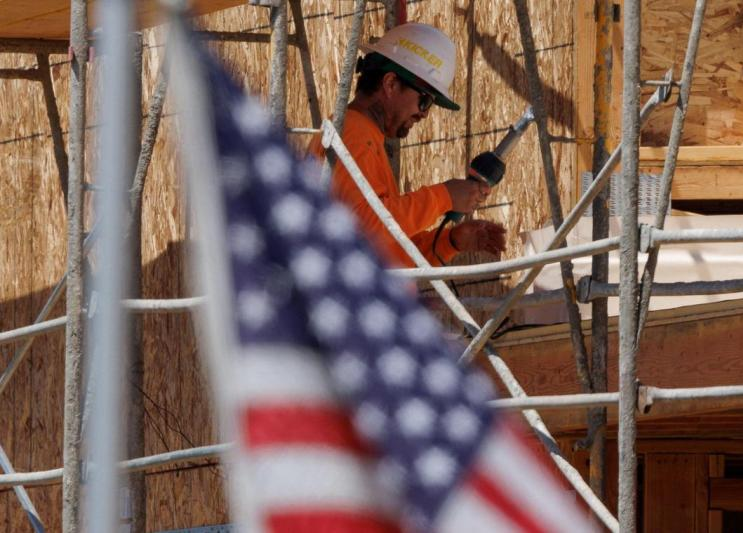
Data from a US human resources company shows that the number of layoffs announced by US companies in July soared, significantly higher than the average level for the same period since the outbreak of the pandemic, with the technology industry being the most notable.
A report released by human resources firm Challenger, Gray & Christmas on Thursday (July 31) shows that US companies announced the layoff of 62,075 people in July, compared with nearly 25,900 in the same period last year. This is the second-highest number of layoffs announced in July over the past decade, second only to the most severe period of the COVID-19 pandemic in 2020.
Bloomberg, citing a report, said that the main reasons for companies' plans to lay off staff include artificial intelligence (AI) and tariff issues. Uncertainty about the economic outlook has led to layoffs and store closures in the retail industry.
In recent weeks, major technology companies have successively announced their layoff plans. Intel announced plans to cut its workforce by 15%, and Microsoft has initiated its second large-scale round of layoffs this year, which is expected to affect 9,000 employees. The technology industry is increasing its spending in the field of AI and attempting to cut costs in other areas.
Planning to lay off staff does not necessarily mean immediate layoffs. As of June, the US job market remained generally stable, with the unemployment rate staying at a relatively low 4.1%. The July jobs report to be released by the US government on Friday is expected to show that the unemployment rate may rise slightly to 4.2% due to the slowdown in job growth.
The Challenger report also shows that the layoff plans of automakers have increased, mainly due to tariffs. In addition, the federal budget cuts have had a ripple effect on non-profit organizations and healthcare institutions that rely on the government for their operations. Both industries have announced more layoffs in the past two months.

The South Korean political arena has once again been embroiled in a public controversy over a judicial investigation that has shaken the entire nation.
The South Korean political arena has once again been embroi…
On the morning of December 29th local time, the precious me…
According to the US media Barchart, recently, the fluctuati…
On December 29th, Mar-a-Lago in Florida, USA, witnessed a h…
SoftBank Group announced on Monday that it has agreed to ac…
Recently, the US State Department issued a visa ban, adding…